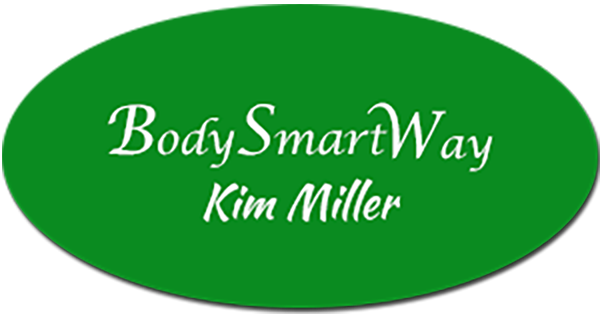 “We are not only what we read, we are how we read,” says Maryanne Wolf, a developmental Psychologists at Tufts University and the author of Proust and the Squid: The story and Science of the Reading Brain. Wolf contends that the style of reading promoted by the Internet puts “efficiency” and “immediacy” above all else and that we may be weakening our capacity for the kind of deep reading that emerged shortly after the printing press came into play. When we read online, she says, we tend to become “mere decoders of information.” Our ability to interpret text, to make the rich mental connections that form when we read deeply and without distraction remains largely disengaged.”
“We are not only what we read, we are how we read,” says Maryanne Wolf, a developmental Psychologists at Tufts University and the author of Proust and the Squid: The story and Science of the Reading Brain. Wolf contends that the style of reading promoted by the Internet puts “efficiency” and “immediacy” above all else and that we may be weakening our capacity for the kind of deep reading that emerged shortly after the printing press came into play. When we read online, she says, we tend to become “mere decoders of information.” Our ability to interpret text, to make the rich mental connections that form when we read deeply and without distraction remains largely disengaged.”
Google, and other search engines thrive on loads of information. Of course it has its pros and cons. As a writer, it is a godsend. I can get research, get quotes and not have to sift through any books or go to the library. The downside is that I have slithered down that superficial road of just finding information, but not really interpreting it or making the mental connections that are necessary for thoughtful reading to occur.
The point is that we may be heading down that same superficial road with diet and exercise. We are, I believe, heading deeper and deeper down that road of trying to be healthy by educating ourselves incessantly with internet health information. Something is missing. It seems to me that we may be confusing the very act of reading health information with actually implementing the health information. Writing in the July issue of Atlantic, Nicholas Carr relates how the London Scholar Group from the University College in London has been studying the behaviors of internet users and that what they found was that people using the sites exhibited a “form of skimming activity,” hopping from one source to another and rarely returning to one source they’ve already visited.
Are we receiving a lot of information, but processing it the same way we are reading it – by skimming? Ironically diet and exercise for good health and wellness calls for just the opposite. We need to design a plan and stick with it. We tweak it only after we have sustained an effort for a considerable amount of time, and additionally have assessed it for it’s worthiness in helping us to achieve our health goals.
It’s ironic, as we get increased information on diet and exercise, we get more of the health problems associated with obesity. The state in which I live, Florida, one news station reports, is the most obese state in the nation. Do we need to consider that there may be a direct correlation between our style of reading health information and the future of our wellness?
Our Wealth is in Our Health
Kim Miller

It’s a given fact that these days we’re so often bombarded with loads of information that it’s difficult to determine which is the right diet and exercise for us. We could use our common sense, but still we have our own opinions. I find a good way is to turn to someone who has been there, done that. In other words, someone who had the experience of surviving an ailment and derived his/her own method of staying healthy. It’s something I had to go through and share the experience with others.